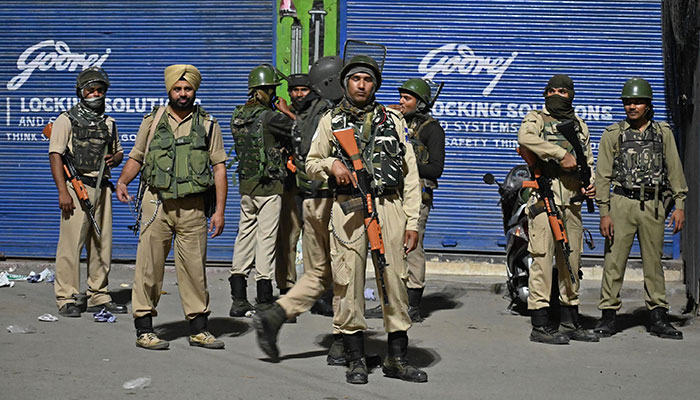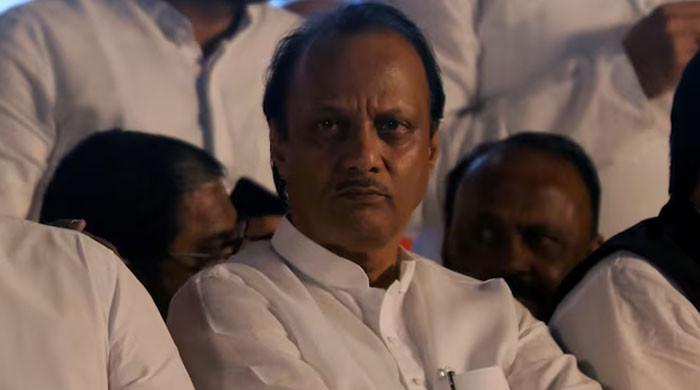OIC's human rights body condemns India's new 'draconian' law in occupied Kashmir
IPHRC says 'illegal' domicile law is "an attempt to alter demographic and geographic status of Indian-occupied Kashmir".
April 04, 2020

The Organisation of Islamic Cooperation’s Independent Permanent Human Rights Commission (IPHRC) has condemned India's newly promulgated domicile law and has called for the country to "put an end" to human rights abuses in India-occupied Kashmir.
Under the new domicile law, all Indian citizens who have lived in India-occupied Kashmir for 15 years or more can declare it as their domicile, thus paving the way for them to get permanent resident status as well as jobs in the territory.
The IPHRC, in a statement on Twitter yesterday, denounced the "illegal" move, saying it is "an attempt to alter demographic and geographic status of Indian-occupied Kashmir".
The statement noted that the law violates internationally recognised human rights and humanitarian laws, such as the 4th Geneva Convention and those set by the OIC and the United Nations Security Council.
The body called on India to "put an end" to human rights abuses in India-occupied Kashmir, repeal "draconian laws" and allow Kashmiris to excercise their right to self-determination.
Pakistan rejects India's action
Pakistan had, on Thursday, strongly condemned and rejected India’s action aimed at illegally changing the demographic structure of occupied Jammu and Kashmir (IOJK).
“The so-called 'Jammu and Kashmir Reorganisation Order 2020' is another illegal step by India to settle non-Kashmiris in IOJ&K by changing the domicile laws,” said a Foreign Office statement.
“This is a clear violation of international law, including the 4th Geneva Convention.
“This action — a continuation of India’s illegal and unilateral steps since August 5, 2019 — also constitutes a violation of the United Nations Security Council (UNSC) Resolutions, bilateral agreements between India and Pakistan, and humanitarian norms,” the statement read.
Kashmiris in IOJK have outrightly rejected the new law as “unacceptable” as they will never accept such blatant usurpation of their fundamental rights and attempts to change their demography and distinct identity, the Foreign Office said.
India unilaterally revoked the region's constitutional autonomy in August last year and announced it is splitting it into two government territories: Jammu and Kashmir, and Ladakh.
Since then, the region was put under a strict lockdown and communications blackout, with a limited restoration of mobile data and internet services reported in January.











